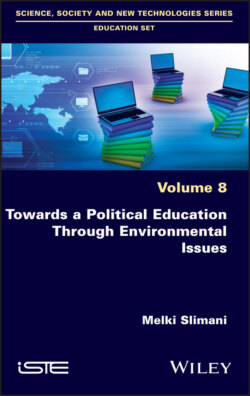Читать книгу Towards a Political Education Through Environmental Issues - Melki Slimani - Страница 23
1.3.4.1. Food literacy
ОглавлениеWever (2015) puts forward the hypothesis that we can “read the world while eating”. In this approach, agrifood issues are conceived as food literacy issues that the author conceptualizes as a set composed of the three knowledge domains identified by Habermas: empirical and analytical knowledge and skills, historical and hermeneutic knowledge and skills, and critical and emancipatory knowledge and skills. This author also proposes the development of a food literacy that goes beyond the consumerist approach (the ability of individuals to understand the origin and production of food and the application of this knowledge to make choices) towards a critical literacy aimed at unveiling the hidden power structures in food systems (Yamashita and Robinson 2016). This food literacy provides the foundation for a political literacy whereby people can exercise power to unlock and reshape the existing food system. According to this kind of literacy approach, food appears to be more than a “compilation of vitamins and nutrients; it is physical and social, personal and political, and inanimate yet animating entity” (Freedman 2011, p. 81).
